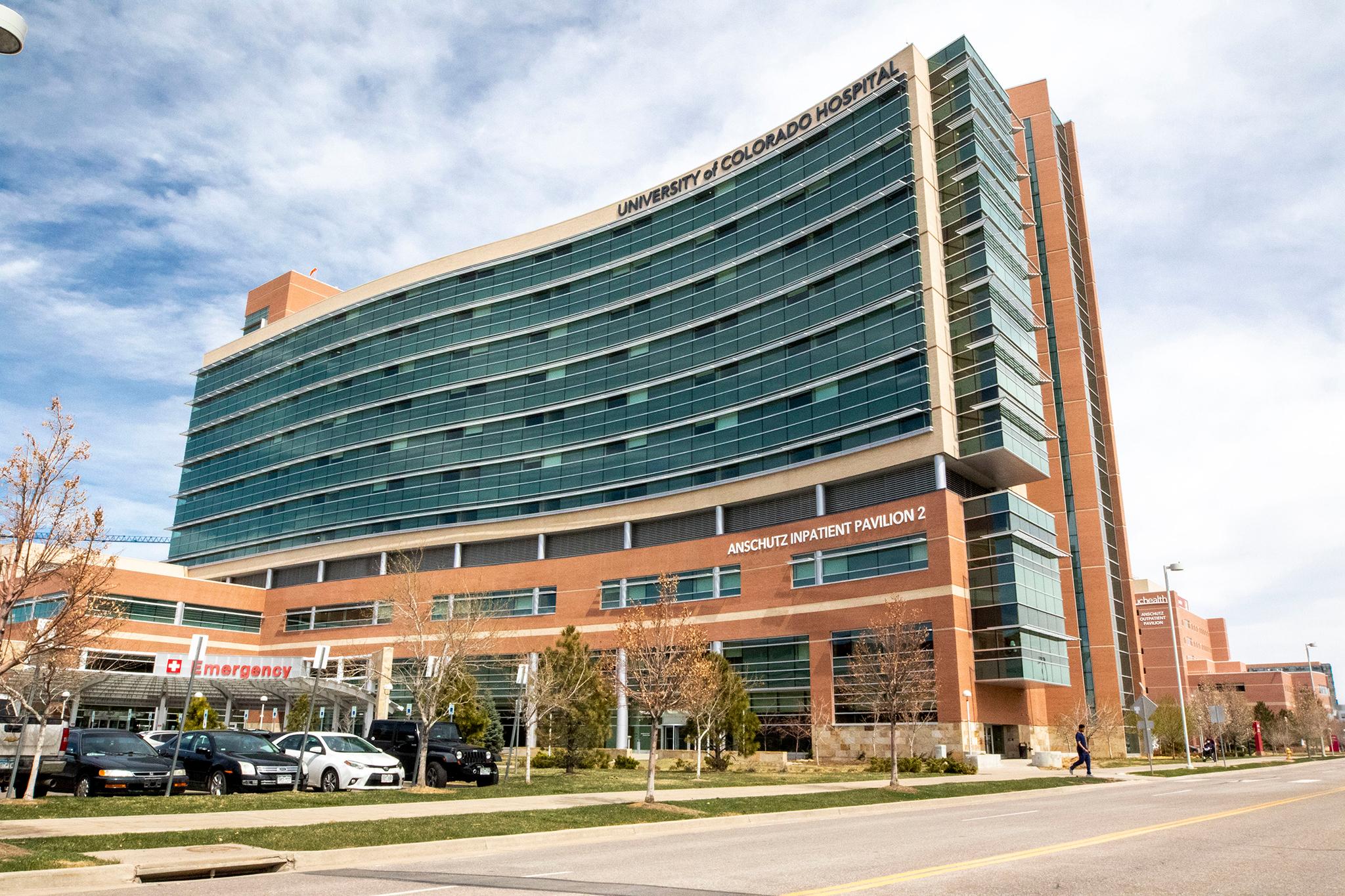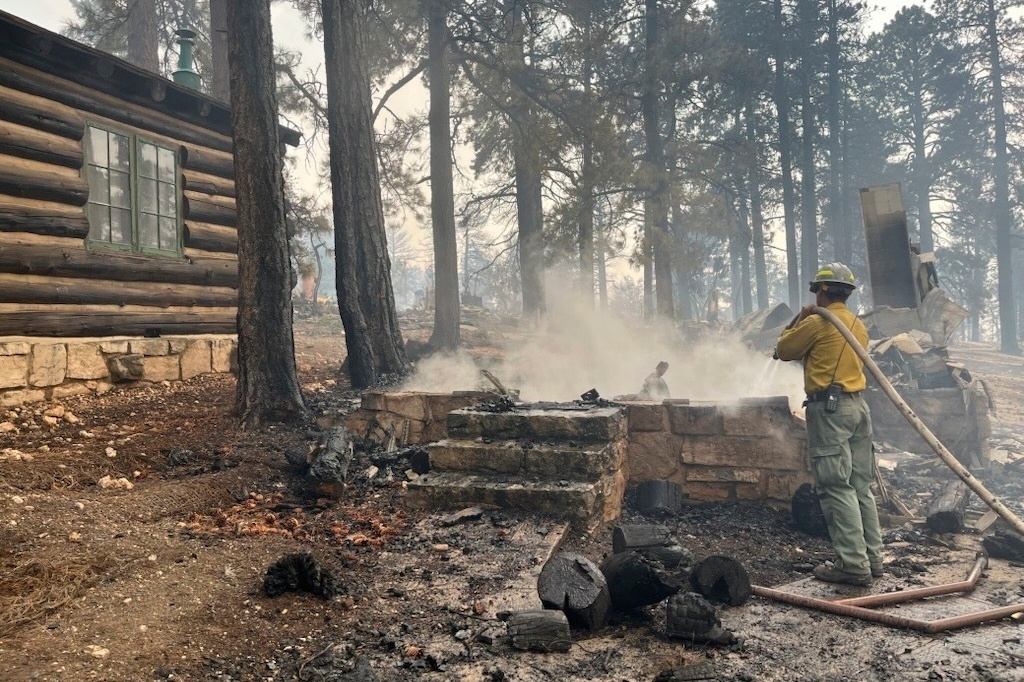
Updated Aug. 2 at 3:41 p.m.
Three major Colorado health systems are now the latest large employers to require mandatory COVID-19 vaccinations for employees and even regular visitors to their buildings, like hospital volunteers.
UCHealth and Denver Health made separate announcements on July 28 that they will join Banner Health in mandating vaccination. On Aug. 2, Kaiser Permanente announced that it was mandating vaccination for all employees and physicians.
Both said a vaccine mandate will increase safety for all patients, visitors and care team members, helping protect them from COVID-19. UCHealth's Dr. Michelle Barron, senior medical director of infection prevention, said the move mirrors a policy already in place for the flu vaccine and that courts have backed up such policies.
“My understanding is that we do have the ability to require certain conditions for employment, and that can include vaccination. This obviously is being tested out in other states,” she said.
The president and CEO of UCHealth, Elizabeth Concordia, said the move was partly motivated by the desire to persuade others to get the vaccine.
“After fighting COVID-19 for more than a year, and as the dangerous delta variant has become the dominant strain in Colorado and elsewhere, it is clear that vaccination against this disease is essential to protect our employees, along with our patients and visitors,” Concordia said in a statement. “We want to set an example and help bring an end to this pandemic.”
For UCHealth employees the deadline to get vaccinated is Oct. 1. For those at Denver Health, it's Nov. 1, and Kaiser employees have until Sept. 30.
UCHealth employees who don't comply with the policy "could face termination," according to the statement. The hospital system will grant exemptions "only for valid medical or religious reasons," and even then, exempt UCHealth employees would be tested weekly for COVID-19 and have to wear a mask at all times.
To date, almost 85 percent of UCHealth’s 26,000 employees have already received the vaccine, and the figure is closer to 96 percent for medical staff. The health system is also offering a $500 bonus to any employee who is fully vaccinated by Aug. 22.
Barron said about 94 percent of hospitalized COVID-19 patients are unvaccinated.
Denver Health chief medical officer Dr. Connie Price says most of its staff members are already vaccinated. And she says when a similar policy was enacted for the flu vaccine a few years ago, less than five workers decided to leave rather than get a shot.
“We're making every effort to make sure that those who are uncomfortable or anxious about this mandate get all the information they need to make the right decision,” she said.
Price said there’s now plenty of data on safety and efficacy now available on the vaccines to fight COVID-19. Studies have shown that it limits the risk of infection by 95 percent and nearly eliminates the risk of severe disease, hospitalization and death.
“The medical data is extensive for the number of vaccines given around the world. We have extensive data on the safety and the efficacy and the data collection continues,” Price said. “And we have multiple professional societies who recommend mandated vaccines for healthcare workers. So we feel like we are on solid ground.”
Price admitted that Denver Health, like many health systems and other businesses, is facing a worker shortage, but she thinks the move won’t cause too many to decide to leave.
“At the end of the day, our logic is that if we're protecting all of our staff, uh, against serious illness, we may have more net well-working days,” she said. “So keeping them healthy is also a benefit that can mitigate some of the issues against potentially losing employees there.








